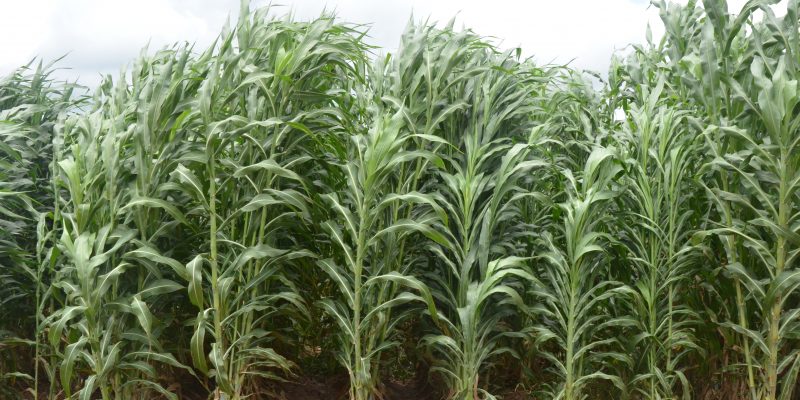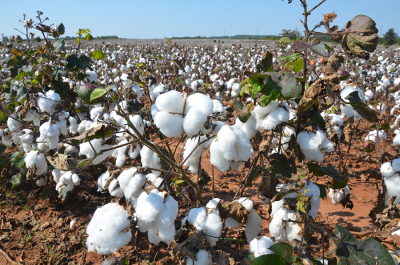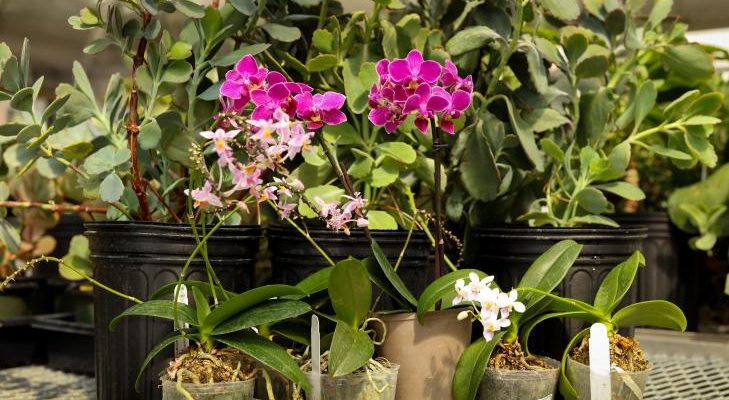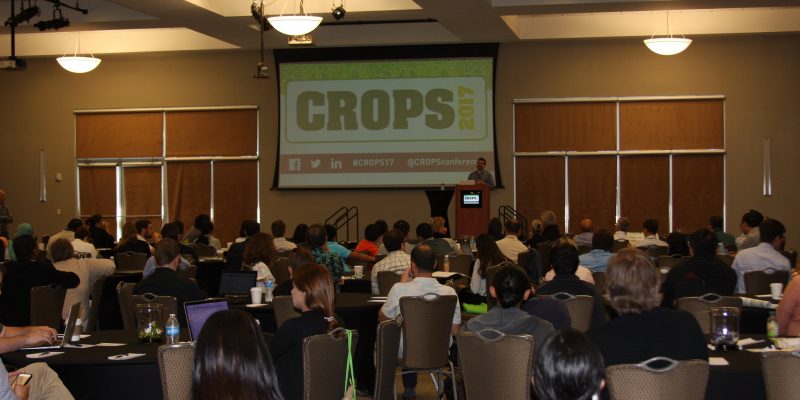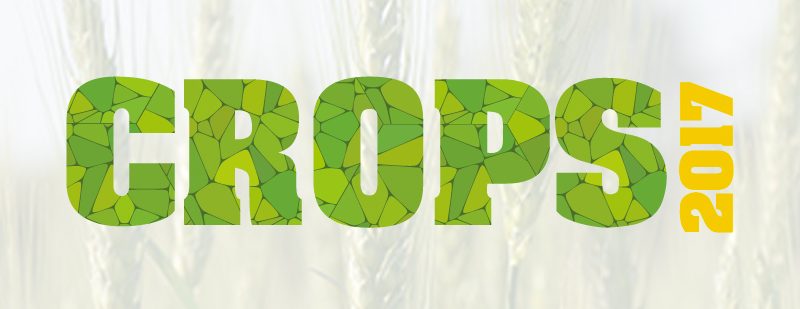Mapping out the genome of sugarcane just got a little bit easier, thanks to a paper published in Nature this July. Researchers at the HudsonAlpha Institute for Biotechnology helped generate the tiling path, sequence samples and provide analysis of the complex plant.
Continue reading “HudsonAlpha researchers help create roadmap to understanding the sugarcane genome”


